The tomato season has had a good start in Murcia, both because of the influence of the weather on the quality of the fruit, and the good transition between the crops in northern and southern Europe.
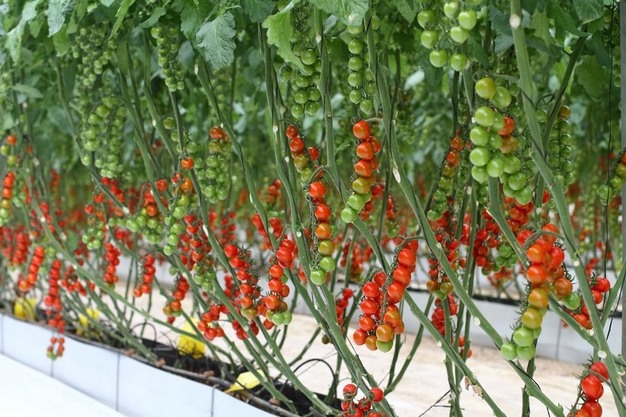
"Both Almeria and Murcia have tried starting with the harvests a little earlier, because last year they were quite late, but the truth is that, so far, there hasn't been a great tomato supply. Nonetheless, we are currently already at between 80 and 85% of our production capacity," says David Franco, Sales Director of Grupo Paloma, from the Spanish region of Murcia.
"The rains in Murcia have been moderate compared to those of many other areas in the Mediterranean, which have been hit by heavy storms, but between October and November there have been a number of cloudy days and slightly lower temperatures compared to the last two years. As a result, the production has not been brought forward and we are on schedule," he says.
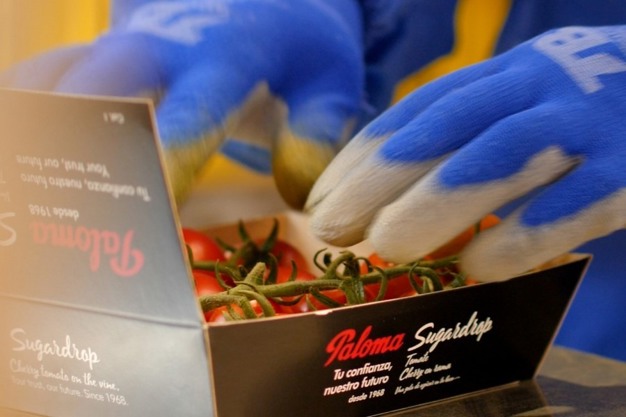
The Sales Director of this company from Murcia says that the transition between the productions from central and northern Europe to Spain "is going quite well, without the overlapping of other years. Thus, in general, there's a smooth demand and prices at the start of the season are at the right levels for this time of the year."
In any case, the condition of the crops is the main reason to be optimistic. "This summer has been, on average, less hot compared to the last two years, so it hasn't been as tough for the plants, which have grown optimally and are yielding a remarkable quality production. Given the good condition of the crops, we believe that we will have a good season," says David Franco.
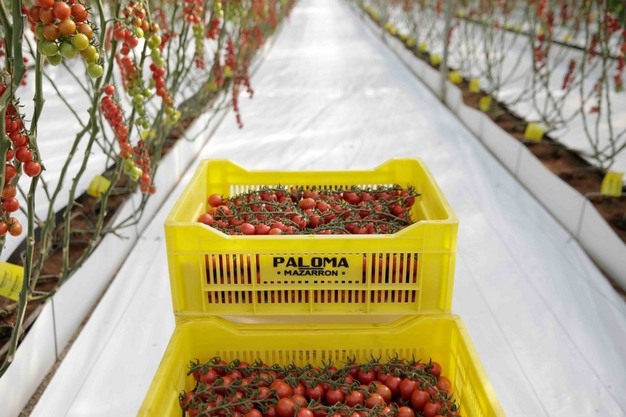
Regarding competition with non-EU origins, there's the prospect of greater pressure from Morocco in the first part of the season. "Last year, due to the heat waves in summer, there was a more limited supply of Moroccan tomatoes between November and December. However, they then saw a recovery of the volumes, which led to oversupply in the second part of the season. This year, they will start on the expected dates."
Grupo Paloma is keeping its tomato acreage stable and has an annual production of around 42,000 tons, although according to David Franco, "the commitment to working with new varieties with resistance to ToBRFV, one of the greatest threats to this crop, could lead to obtaining higher yields. The good performance of these varieties makes us optimistic for the future."
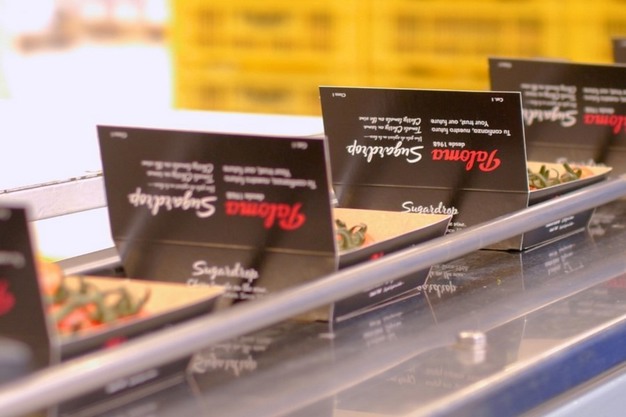
The company is also working on new presentations and packaging formats. We are looking to provide differentiation with sustainable products for various very exclusive lines with some clients," says the Sales Director of Grupo Paloma.
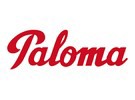 For more information:
For more information:
David Franco
Grupo Paloma
Tel.: +34 968590001
[email protected]
www.gpaloma.com
